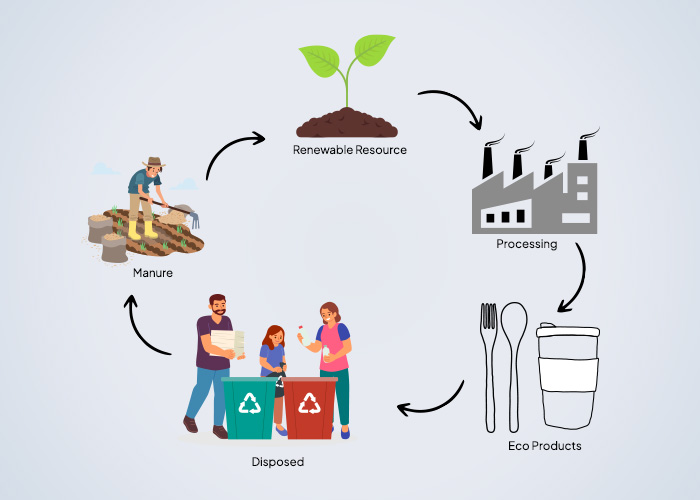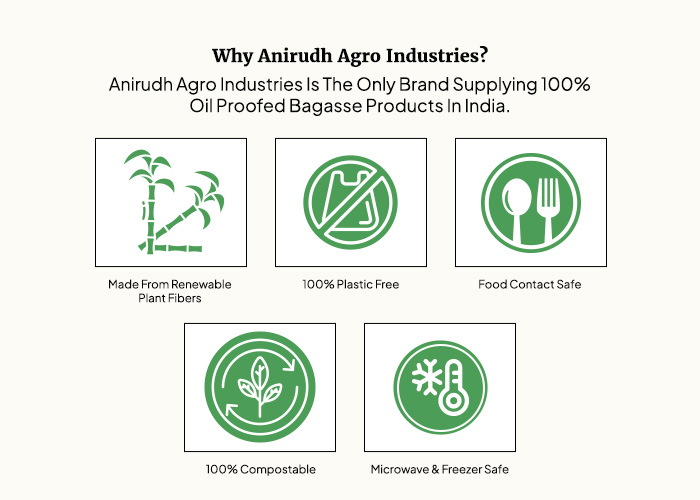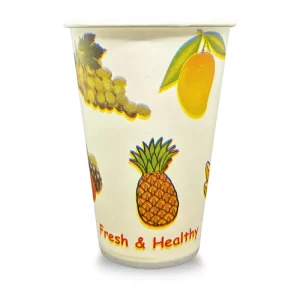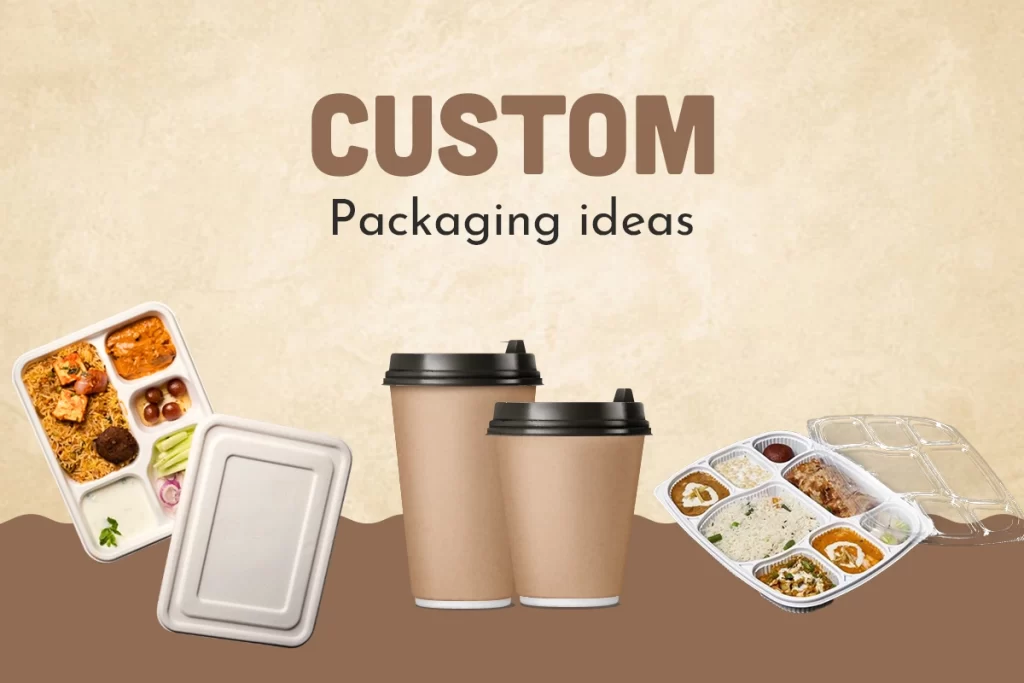There is no doubt that plastic’s indisputable quality has made it an integral part of modern society. It has become an important part of our daily lives, from complex and sophisticated medical applications to the simple wrapping paper that has flooded our supermarkets. However, this convenience poses a growing environmental threat while preserving value for consumers. Since the issue of plastic waste in the environment is gradually increasing, especially in dumping sites and oceans, the need for environmentally friendly products has become prominent.
This article aims to delve into the possibilities of green materials and the benefits of using them, as well as the numerous uses that are in store for us. Continue with us as we contemplate a future in which people’s decisions do not harm the earth.
What can we use instead of plastic?
Environmental issues have led to a surge in the emergence of innovative solutions. Researchers and businesses are working to create and use biodegradable and eco-friendly products as a replacement for conventional plastics, making convenience part of sustainable living.
Bioplastics
Bioplastics are derived from renewable biosources such as plants, algae, or microbial fermentation. They offer the possibility of decreased usage of fossil fuels and, consequently, the lowering of CO2 emissions. These materials disintegrate easily in the environment, unlike conventional plastics, which take hundreds of years to degrade. It makes them a better option than the traditional methods of packaging, containers, and other applications. Thus, bioplastics can play a big role in the future by reducing the amount of plastic in the environment and ultimately helping to protect nature.
Other Eco-Friendly Alternatives
Besides bioplastics, a range of other eco-friendly alternatives are emerging to replace traditional plastics. These alternatives offer varying benefits and applications, allowing us to make informed choices to reduce our plastic footprint.
- Cardboard and paper: Cardboard and paper are familiar, recyclable options that can be used for packaging, boxes, and even some food containers. They are compostable and biodegradable products.
- Glass: Glass is a reusable and recyclable material that is perfect for storing food and beverages. It is inert, meaning it doesn’t leach chemicals into your food, and it can last for many years with proper care.
- Bamboo: Bamboo is a fast-growing, renewable resource that can be used to make a variety of products, including plates, cups, straws, and cutting boards. Bamboo is also naturally antibacterial and lightweight, making it a convenient and sustainable choice.
- Stainless steel: Stainless steel is a durable, long-lasting material that can be used for water bottles, food containers, and utensils. It is easy to clean and doesn’t harbour bacteria, making it a hygienic option.
- Silicone: Silicone is a versatile material that can be used for sustainable packaging, baking moulds, food wraps, and reusable bags. It is heat-resistant, non-stick, and easy to clean, making it a popular choice for kitchens.
- Cloth bags: Cloth bags are a reusable alternative to plastic shopping bags. They come in a variety of sizes and materials and can be used for groceries, produce, or other items.
- Beeswax wrap: Beeswax wrap is a natural alternative to plastic wrap. It is made from cotton fabric coated in beeswax, jojoba oil, and resin. Beeswax wrap is reusable, compostable, and can be used to wrap cheese, fruits, vegetables, and other foods.
The Environmental Impact of Plastic: Why Change is Necessary
Plastic is convenient and handy, but it has a huge environmental cost. Highly responsible plastics take hundreds to thousands of years to disintegrate, burdening landfills and natural ecosystems. Around 8 million tons of plastic garbage float in the waters, harming marine life and the aquatic chain. Microplastics, which pollute water and the food chain when plastics degrade, can pose health risks. As mentioned, fossil fuels are used to break down plastics, which contribute to climate change. Considering these effects, using sustainable materials to combat plastic degradation is essential.
Taking these effects into account, it is very important to handle long-lasting systems that will stop plastics from breaking down. The well-known “three Rs” motto can help balance out these bad effects, though: reduce, reuse, and refuse. We can also use compostable products made from eco fibres, bagasse, bamboo, and other sustainable materials.
Why We Still Use Plastic Cups, and How to Switch to Eco-Friendly Options
Plastic cups are undeniably convenient. They’re lightweight, disposable, and often seen as a cheap option for parties, picnics, or everyday use. However, this convenience comes at a significant environmental cost. Here’s a breakdown:
- The Plastic Problem: Traditional plastic cups are made from non-renewable resources and can take hundreds of years to decompose. They often end up in landfills or pollute our oceans, harming wildlife and ecosystems.
Making the Switch: From Plastic to Paper Cups
Thankfully, there are easy ways to ditch plastic cups and embrace eco-friendly alternatives. Here’s how:
- Carry a Reusable Cup: Invest in a reusable water bottle or paper cup you can carry with you. This eliminates the need for disposable cups altogether.
- Plan Ahead: When hosting events, consider using reusable glasses or opting for compostable paper cups.
- Spread Awareness: Encourage others to ditch plastic cups by offering eco-friendly alternatives at gatherings or simply having a conversation about the issue.
What to Buy Instead: Embrace Sustainable Options
Make your switch to paper cups even more impactful by choosing Anirudh’s Agro Industries. Anirudh is committed to sustainability. Their paper cups are crafted from 100% recycled paper, use a plant-based, biodegradable lining, and are completely compostable.
By choosing Anirudh’s paper cups, you’re not just ditching plastic; you’re actively supporting a company that prioritizes a healthy planet. They come in various sizes and designs, making them perfect for any occasion. Purchasing Anirudh products is advised as they are composed entirely of natural plant fibers, completely compostable, devoid of plastic, and, most importantly, are SAFE. In addition, Anirudh is the only company in India offering 100% oil-proof bagasse products that you may let degrade in your lawn!

- Other Eco-Friendly Options: For a truly zero-waste option, consider reusable cups made from stainless steel, bamboo, or glass. These are durable and long-lasting, and they eliminate the need for disposable cups altogether.
Remember, every small step counts! By making conscious choices and switching to alternative materials instead of plastic, we can significantly reduce our reliance on plastic cups and create a more sustainable future. Let’s ditch plastic and celebrate convenience that doesn’t cost the earth!














